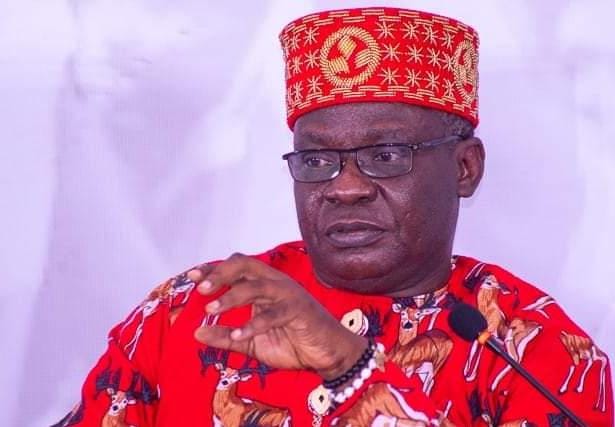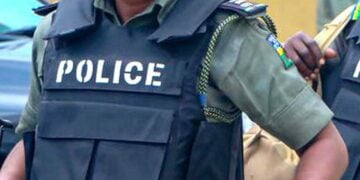The executive director of the Peering Advocacy and Advancement Centre in Africa (PAACA), Mr. Ezenwa Nwagwu, has described widespread ignorance among citizens as the biggest threat to Nigeria’s democratic growth and electoral integrity.
Nwagwu, who spoke on Wednesday at a town hall meeting on electoral reform in Kaduna, warned that unless urgent steps are taken to educate the populace, efforts to deepen democracy ahead of the 2027 general elections will remain superficial.
“The biggest challenge remains ignorance. In a room of 30 people, we found only six who even had copies of the Electoral Act or the Constitution. If citizens don’t engage with the documents that govern elections, we are merely addressing symptoms and not the root cause”.
According to him, the town hall aimed to enlighten Nigerians about the electoral process, its challenges, and innovations that can improve its credibility when properly understood.
“It has been very humbling to see that more and more people across the country are eager to understand how the electoral process works. Once they do, we will have a better electoral environment by 2027″.
Nwagwu highlighted the significant yet under-reported progress made in electoral administration, citing the introduction of technologies such as the Biometric Voter Authentication System (BVAS) and the Independent National Electoral Commission’s (INEC) Results Viewing (IReV) portal.
“These innovations have quietly revolutionised the process. For example, in Anambra, candidate nominations closed without the usual chaos surrounding substitutions, thanks to INEC’s new upload system”.
He added that the BVAS has been instrumental in tackling the issue of inflated voter registers by verifying identities on election day.
“Previously, some states had inflated registers with turnout rates that showed half the numbers. Now, the biometric system has addressed that issue. These are incremental gains we must acknowledge even as we strive for further improvements”.
The PAACA boss called on journalists to balance their criticism of electoral shortcomings with coverage of systemic reforms and successes, noting that such an approach is vital for building public trust and sustaining reforms.
“While we keep a critical eye on what went wrong, we must also celebrate progress. That is how we build trust and sustain reforms”.
Also speaking at the event, Mr. Danjuma Makama, Kaduna State Director of the National Orientation Agency (NOA), reaffirmed the agency’s commitment to grassroots voter education, especially on party symbols, electoral laws, and voting procedures.
Makama noted that during the 2023 general elections, the NOA actively campaigned against vote buying and electoral violence, adding that the agency will intensify its efforts to promote peaceful participation and civic responsibility.
“The last elections exposed both our vulnerabilities and strengths. We witnessed voter inducement and violence, but also resilience. Moving forward, the NOA will intensify efforts to promote peaceful participation and voter education”.
Earlier in his remarks, Mr. Mikailu Abubakar, Chairman of the Conference of Nigeria Political Parties (CNPP) in Kaduna, described electoral reform as a “national imperative.”
He called for enhanced independence of INEC, adoption of electronic transmission of results, improved security for voters and election officials, and increased inclusion of women, youth, and persons with disabilities in the electoral process.
“Our democracy must reflect fairness and equal opportunity for all. These town halls are essential platforms for advocacy and institutional change”.
We’ve got the edge. Get real-time reports, breaking scoops, and exclusive angles delivered straight to your phone. Don’t settle for stale news. Join LEADERSHIP NEWS on WhatsApp for 24/7 updates →
Join Our WhatsApp Channel










